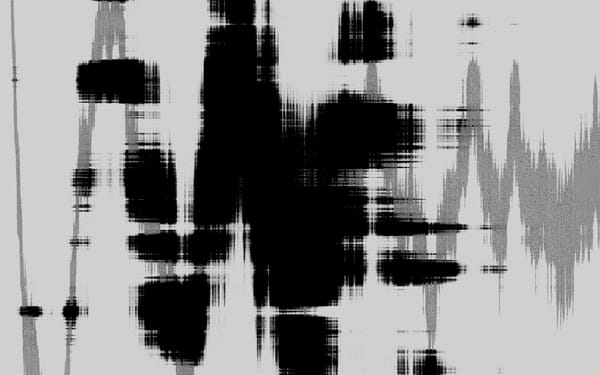The Long Haul
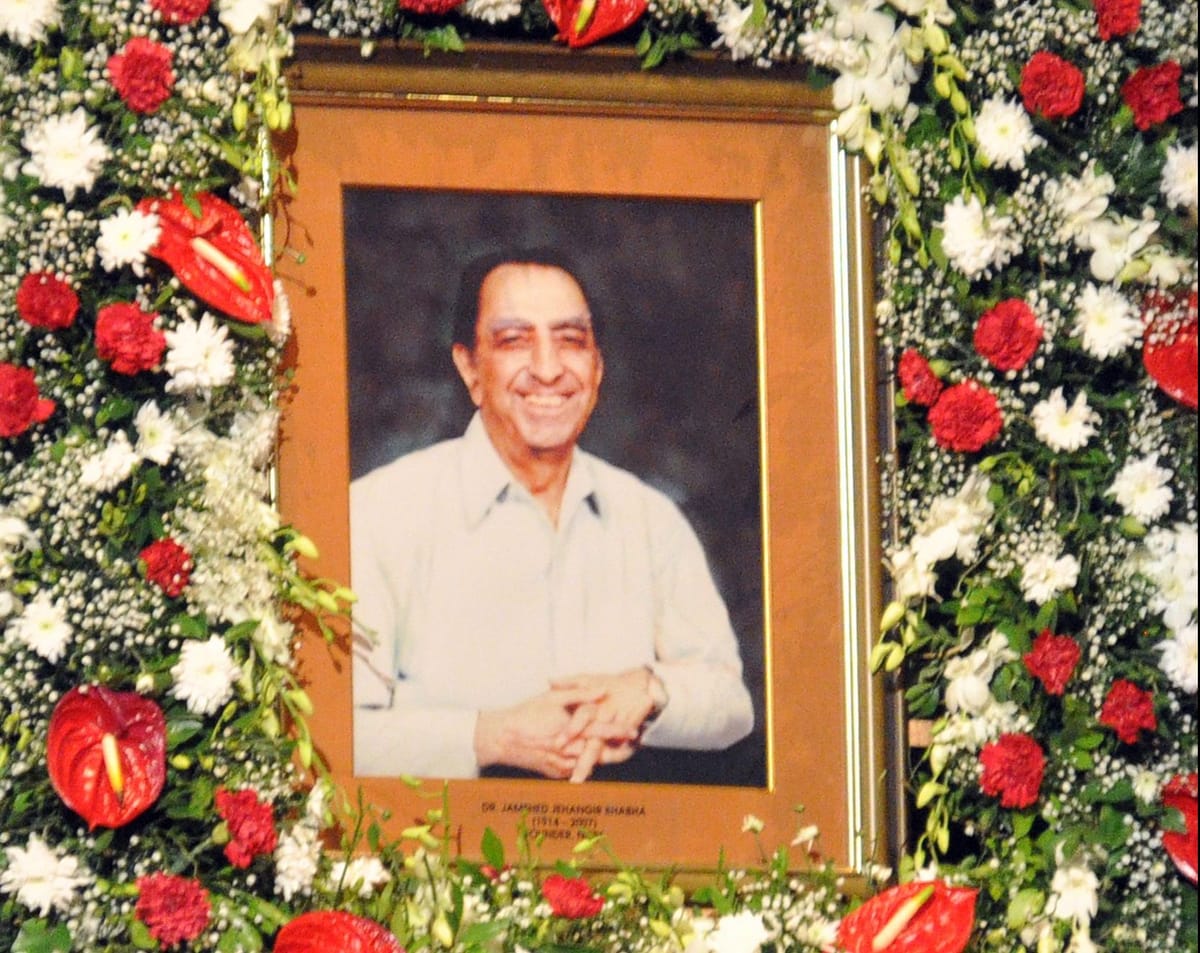
In the inaugural Jamshed Bhabha Memorial Lecture, Jawhar Sircar discussed the need to pull out all the stops to preserve our rich cultural heritage. We present snapshots from the memorable evening.
The inaugural talk of the Jamshed Bhabha Memorial Lectures titled ‘What ails the Arts in India?’ was delivered on 21st August, 2019, by the distinguished public intellectual, writer and speaker, Jawhar Sircar. Prominent personalities from diverse walks of life – the arts, government, industry, consulates, members of the NCPA and SOI, attended the lecture. The programme started with a rendition of the National Anthem by the students of the SOI Music Academy and the students of the NCPA Music for Schools programme for underprivileged children. Mr. Khushroo N. Suntook, Chairman at the NCPA, introduced the speaker, while appealing to philanthropists to come forward and generously support the cause of promoting the arts.
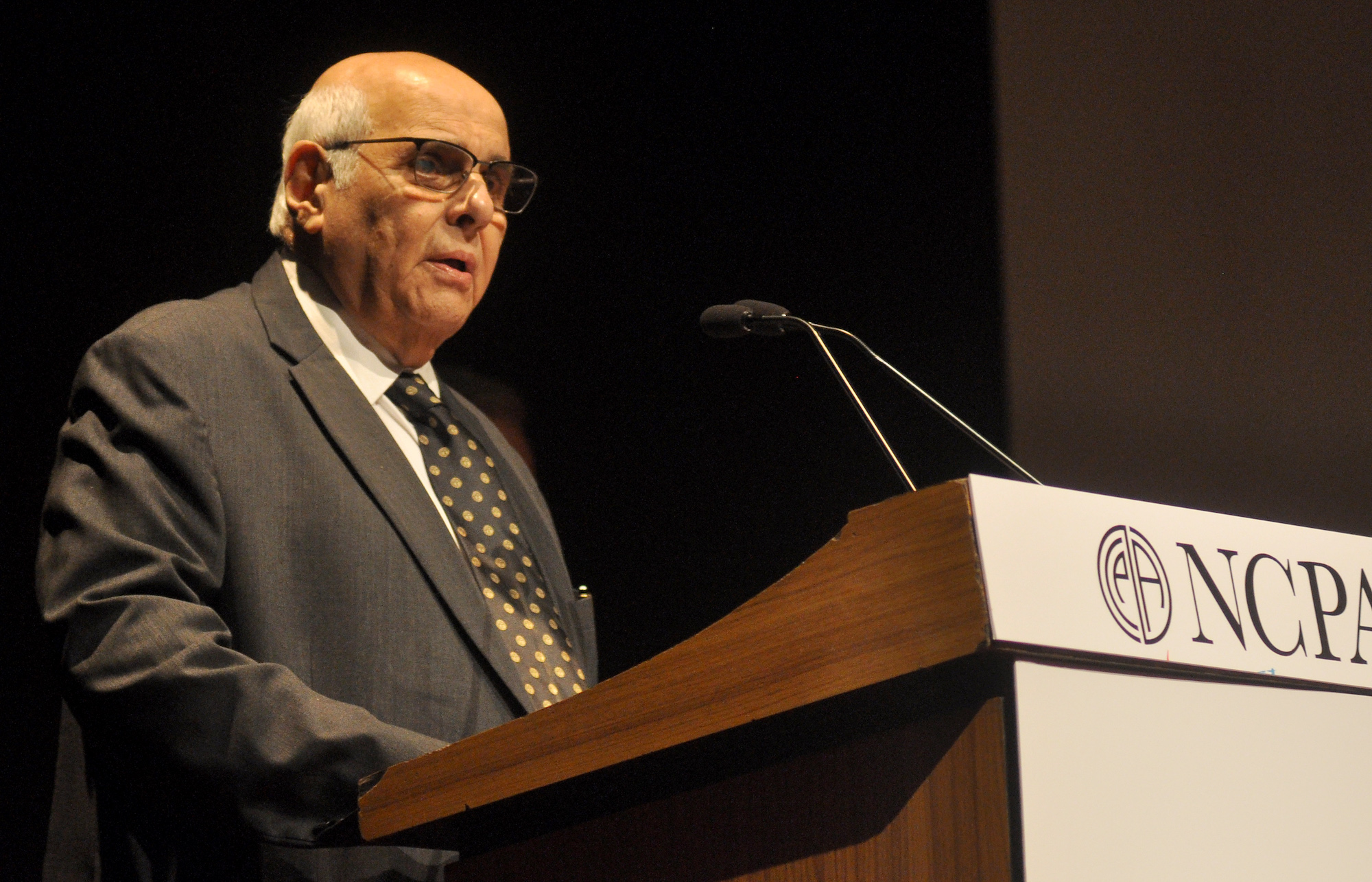
With his rich experience as the longest tenured Culture Secretary for the Government of India and CEO of Prasar Bharati, Sircar held the audience’s attention for over an hour, giving rare insights into the state of the arts in the country. He began with the general absence of the historical temper in India and noted how, even 70 years ago, we were unaware that our ancient civilisation was over 5000 years old. “The consequences of such a world view, where myth is preferred over history, are becoming increasingly clear to us. The ahistorical tradition influences mass level consciousness so severely, that it is almost impossible to explain modern, evidence-driven, linear history,” he said. He highlighted the lack of funds needed to preserve our history.
“I would like to draw your attention here, to a fact that we could explain to the Prime Minister, when he was also the Culture Minister – between May 2009 and January 2011. We calculated and told him that the Culture Ministry and its fifty-plus major organisations, like the Archaeological Survey, the Central Museums, the National Akademis and many others – all put together – received just eleven paise out of every hundred rupees of the Central Budget. That is 0.11 percent. Out of this, we could give only 0.04 or 0.05 percent of the Central budget to the ASI. This was hardly enough to look after more than 3500 officially ‘Protected’ National Monuments of India. Most of them are, thus, left unguarded and uncared for.”
Sircar further commented on the lack of spaces for the performing arts in India. “I have bemoaned the fact,” he said, “that Delhi does not have a world-class stage in any large auditorium, with state-of-the art acoustics and lighting equipment. But frankly, neither does any other city, except Mumbai, where audiences can savour the excellence of Western classical music or ballet dances. We hear that while China has countless orchestras, but India has only one full-fledged one, here at the NCPA. Had it not been for the Symphony Orchestra of India that fructified thanks to the inspiration of Jamshed Bhabha, and the untiring efforts of Mr. Suntook, we would not have even this one.”
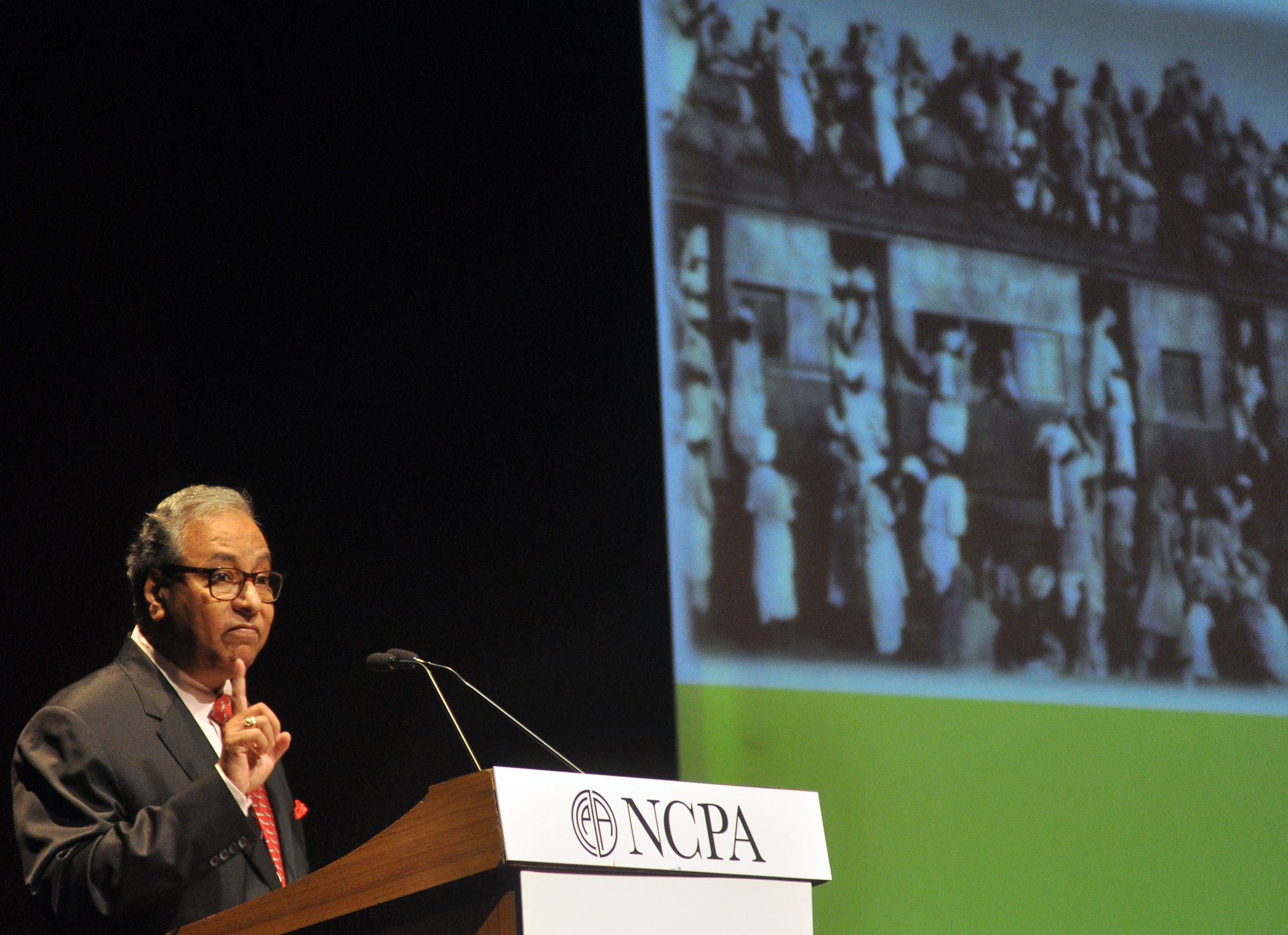
The art and culture of every generation requires not only talented artistes, appreciative audiences but also unfailing patronage. “Most American billionaires of the last one and a half centuries are almost all forgotten, but the names of those who made handsome grants to culture and education – like Carnegie, Rockefeller, Vanderbilt, Guggenheim and Getty – will never be forgotten. They remain immortalised through the institutions they helped to create. The names of the Tatas, Bhabhas and other families that contributed to education, science or the arts, are similarly engraved in public memory – and will continue to remain so, for generations to come,” he said.
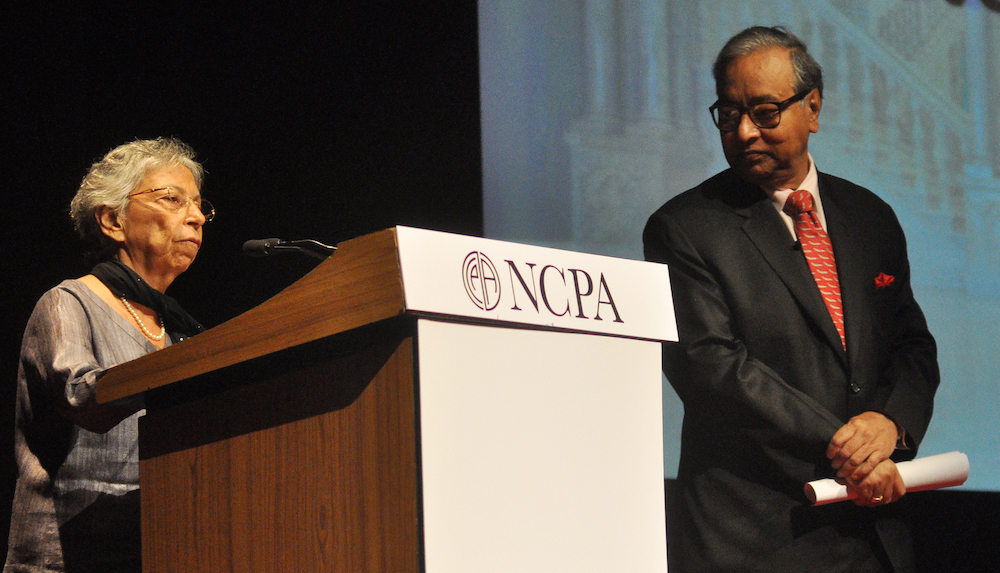
If the question and answer session that followed the lecture was something to go by, the audience found the talk extremely thought provoking and relevant to the situation today. The programme concluded with a Vote of Thanks by Shirin Bharucha, Member of the Governing Council.
The Jamshed Bhabha Memorial Lecture will be held every year on 21st August, the birth anniversary of our founder, Dr. Jamshed J Bhabha, to honour his memory and laud his immense contribution to the cultural scene in the country. Every year, an eminent speaker will be invited to talk on a topic broadly related to issues in the field of arts, culture and allied spheres.
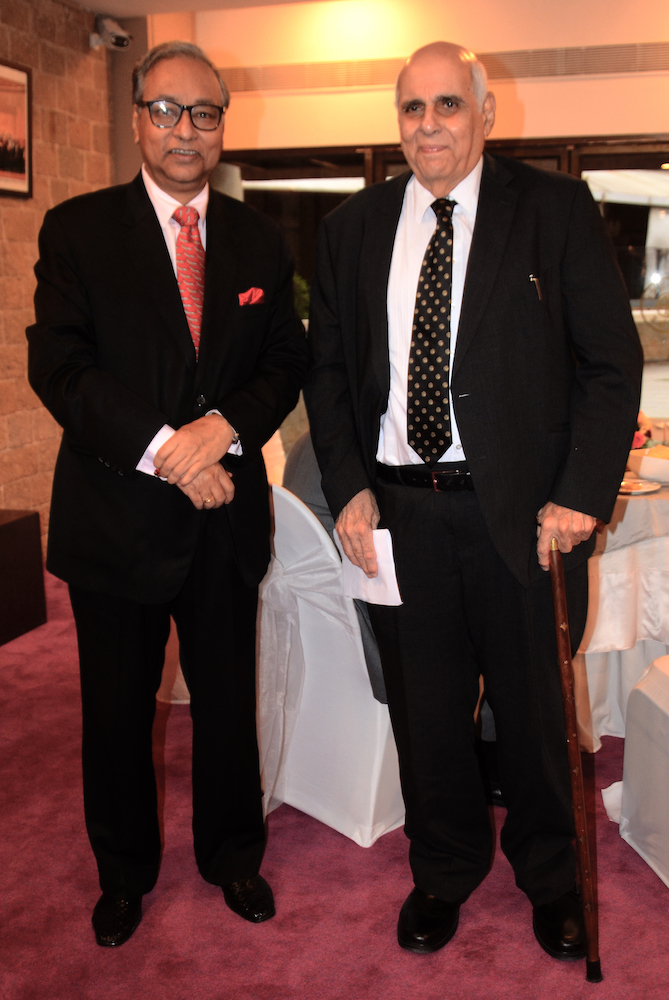
This piece was originally published by the National Centre for the Performing Arts, Mumbai, in the October 2019 issue of ON Stage – their monthly arts magazine.


